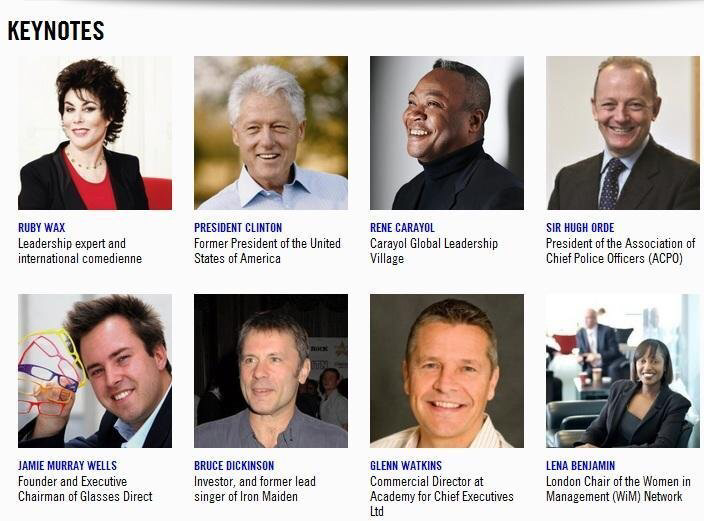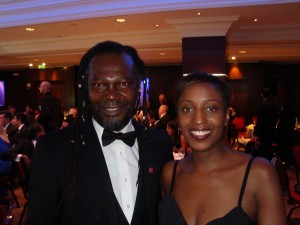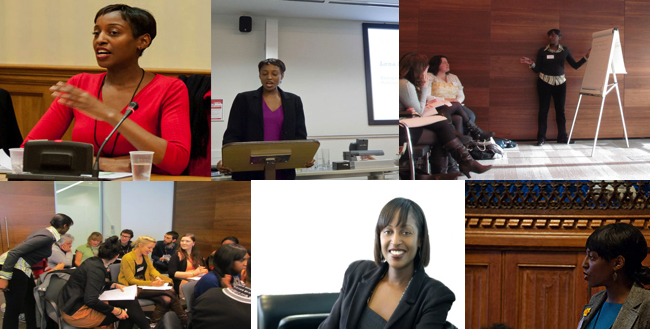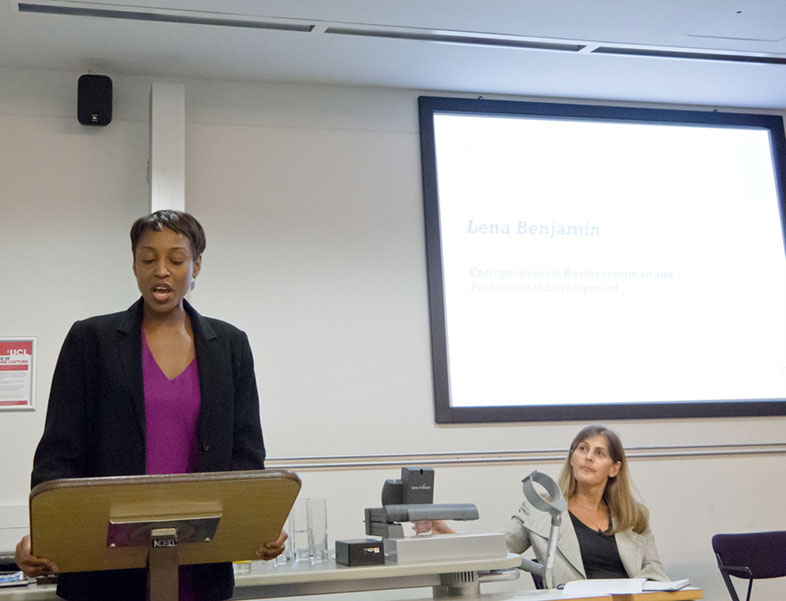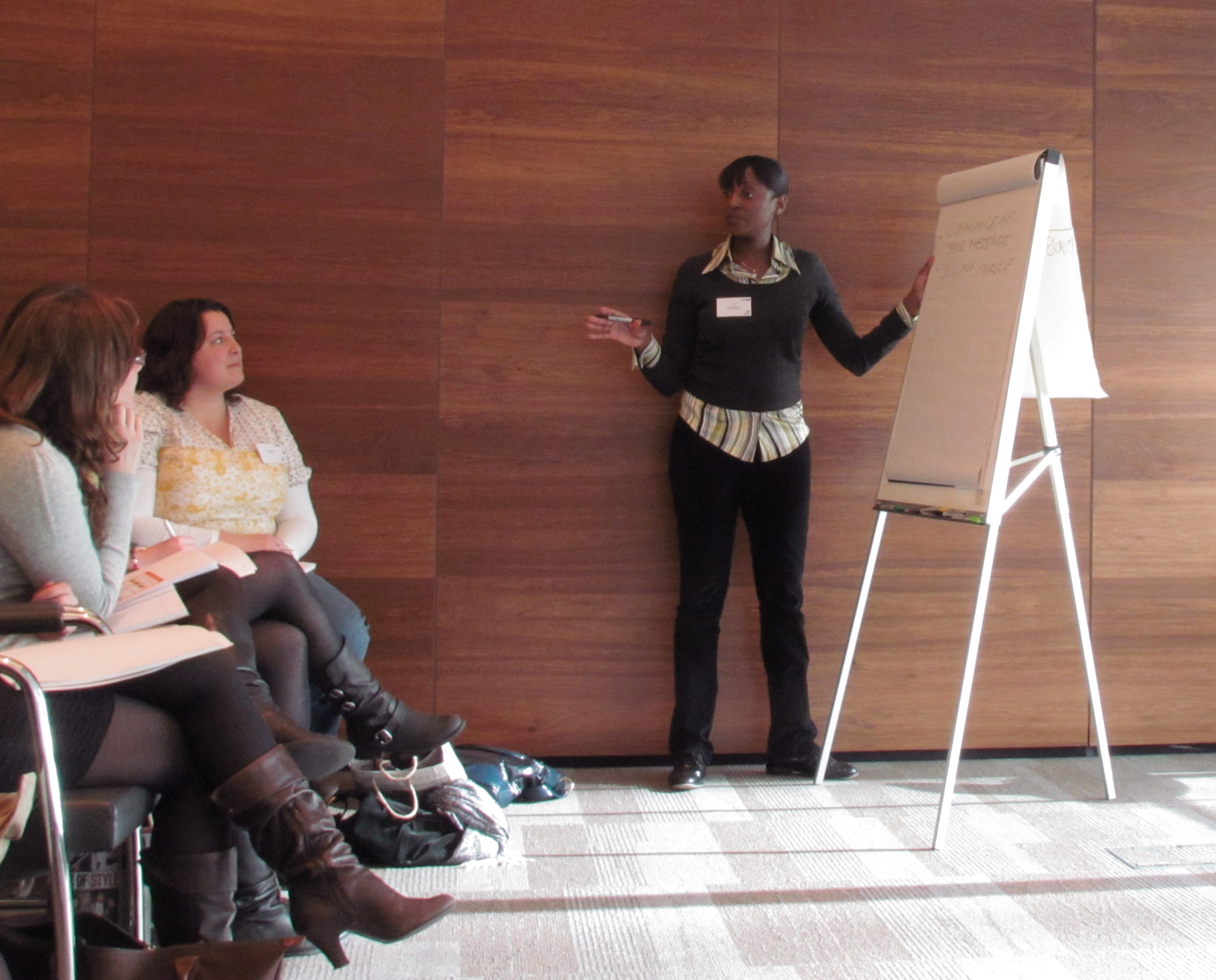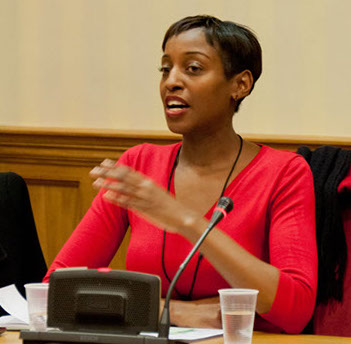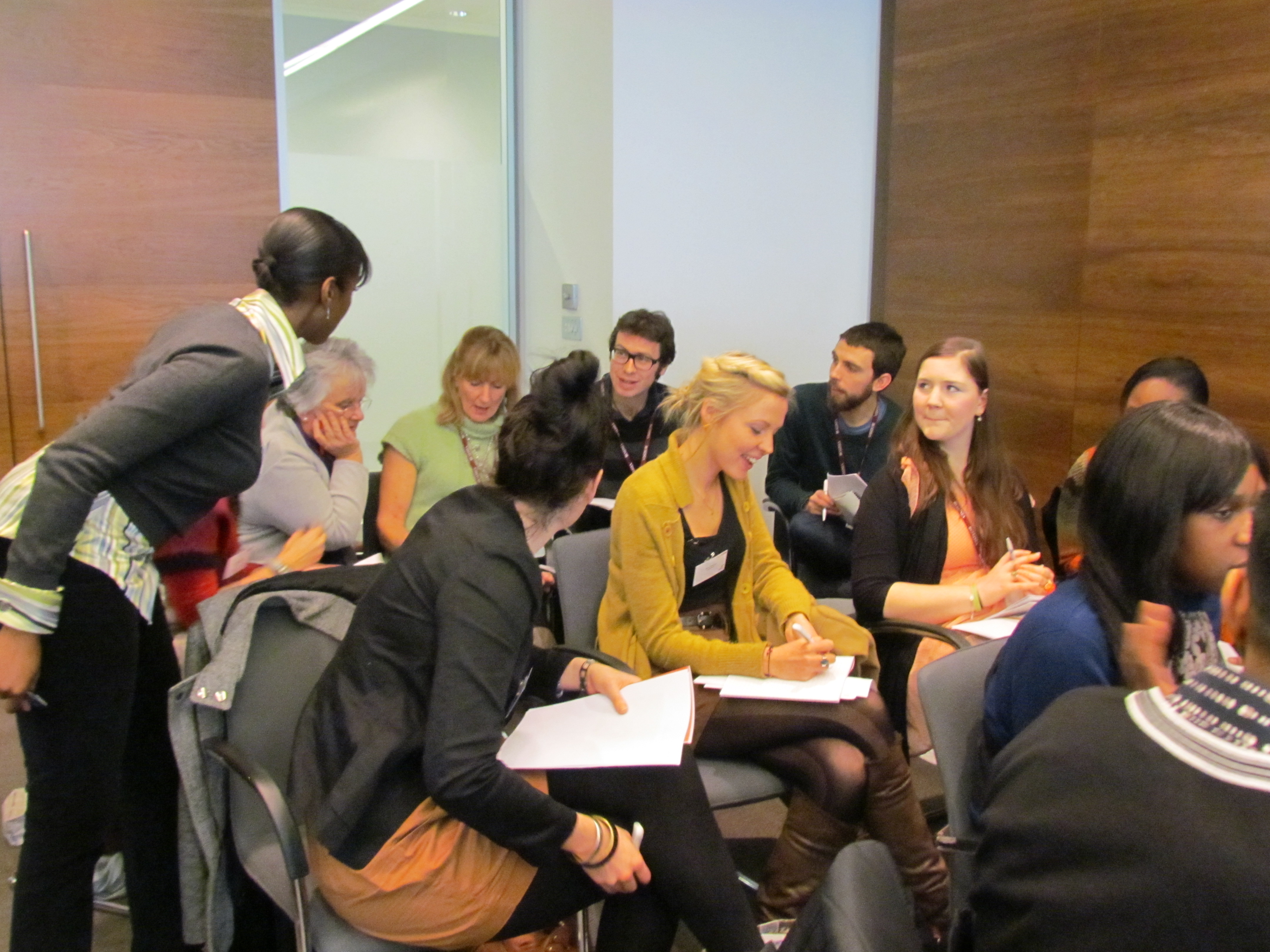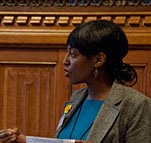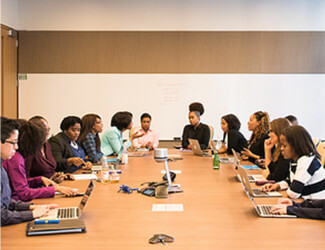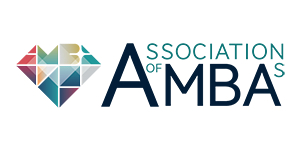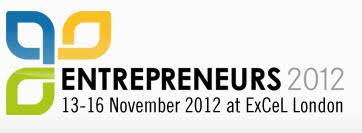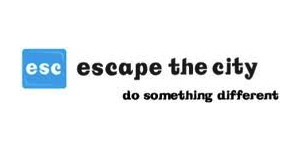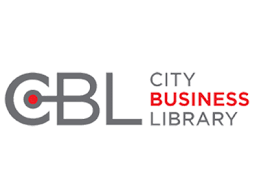 As the social and economic fibers of our society have changed, equality is essential to this change and the contributions that it will represent will see a positive transition globally. Sharing knowledge and information among a diverse group of people that haven’t had the chance to express their views will see a dynamic and constructive voice that will enhance the leadership and management of companies. All humans need to recognize that their voices are being heard and this is more important than ever before as we operate in the 21st Century.
As the social and economic fibers of our society have changed, equality is essential to this change and the contributions that it will represent will see a positive transition globally. Sharing knowledge and information among a diverse group of people that haven’t had the chance to express their views will see a dynamic and constructive voice that will enhance the leadership and management of companies. All humans need to recognize that their voices are being heard and this is more important than ever before as we operate in the 21st Century.
Without the opportunities for all humans to acknowledge that they can make a positive contribution socially, economically and environmentally, those humans will start to wonder if it would be in their best interest to seek a life outside of the country in which they reside. Somewhere where their talent is nurtured and appreciated.
What has existed in the developing world up till now is the same set of people that have made decisions based on ego and not a deep-seated desire to make a difference. It has been about the shareholders and less about all stakeholders including the all-important customer. Greed, what’s in it for me and how can I benefit have been a sorry state of affairs that is slowly being considered unsustainable. But at what cost has the ‘what’s in it for me’ presented itself as – the financial crisis, human trafficking, climate change, and the list goes on.
The famous quote is apt in this instance “if you do what you’ve always done, you’ll get what you have always gotten”. Any thoughts of scrapping or diluting the opportunity for all of us to have a voice no matter what gender and race sends a clear message to society as a whole that what has happened in the economy by the same set of people, doing the same thing at the same time is acceptable and that there is no room for a diverse opinion from a diverse and talented set of people that want to make a difference but will never be allowed to because there isn’t the legislation or assistance that will back their cause.
Fortunately humans from the most influential corners of the earth are waging a war not on each other but on the principle that human contribution is equal. The likes of the Cherie Blair Foundation, Bill and Melinda Gates Foundation, Clinton Foundation, Tony Blair Foundation are bringing humans together from large corporate firms to the smallest NGO to see how we (humans) can make this world sustainable and at the same time make a profit.
The next 10 years will provide the most important societal impacts from those humans that were once silenced due to their race or gender. The undeniable attitude has finally shifted as those that acknowledge this insight help those that are clearly still living in the 20th Century to respond not because there is money involved but because it is the right thing to do – the ‘human right’ thing to do.
The next generation is counting on every single human being to do their part to make sure the earth is intact and more importantly thriving – socially, economically and environmentally. If you ever wondered what we are here on this earth to do – it all points to humans are here to serve no matter how rich or poor, no matter what color, or gender. We are all equal, we all have a contribution to make and no one has the right to stop you from making a positive contribution.






